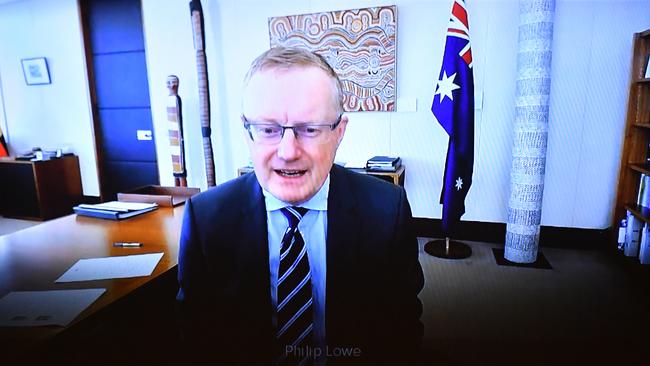‘Very difficult trade-offs’ in taking alternative route: RBA
Policies like negative interest rates and direct government financing can have tough trade offs and there are ‘legitimate questions about their effectiveness’, the RBA says.

Reserve Bank board members reviewed the monetary policy measures of other advanced economies and their applicability to Australia but decided there was no need to adjust the package of measures adopted by Australia in the “current environment”, according to the minutes of the RBA’s July meeting.
“Members agreed, however, to continue to assess the evolving situation in Australia and did not rule out adjusting the current package if circumstances warranted,” the RBA said.
The board also reviewed again the international experience with other monetary policies and their relevance in the Australian context, as they had done the previous year, and saw merit in these policy matters being addressed in a speech by Governor Philip Lowe, which has since been postponed until 1pm Tuesday.
“These policies included negative interest rates, foreign exchange intervention, the purchase of private sector assets and also direct government financing,” the minutes said.
“All such options entail significant costs and involve very difficult trade-offs and, for some policies, there are legitimate questions about their effectiveness.”
Board members agreed that “negative interest rates in Australia remain extraordinarily unlikely.”
There was “no case for intervention in the foreign exchange market, given its limited effectiveness when the exchange rate is broadly aligned with its fundamental determinants, as at present.”
And members “reaffirmed the importance of the longstanding principle of separating monetary policy from the financing of government, a principle that has served Australia well in practice.”
The minutes noted that economic conditions had stabilised after a less-severe-than-expected downturn, with the peak-to-trough fall in hours worked expected to be 10 per cent rather than 20 per cent expected in April. But the outlook remained uncertain and would depend upon containment of the virus.
“The board recognised that the substantial, coordinated and unprecedented easing of fiscal and monetary policy in Australia was helping the economy through this difficult period,” the minutes said. “It was likely that fiscal and monetary support would be required for some time.”
Since then, second-waves of infections in Victoria and NSW prompted Melbourne re-imposed stage four restrictions, while some other states have closed their borders to Victoria and NSW.




To join the conversation, please log in. Don't have an account? Register
Join the conversation, you are commenting as Logout